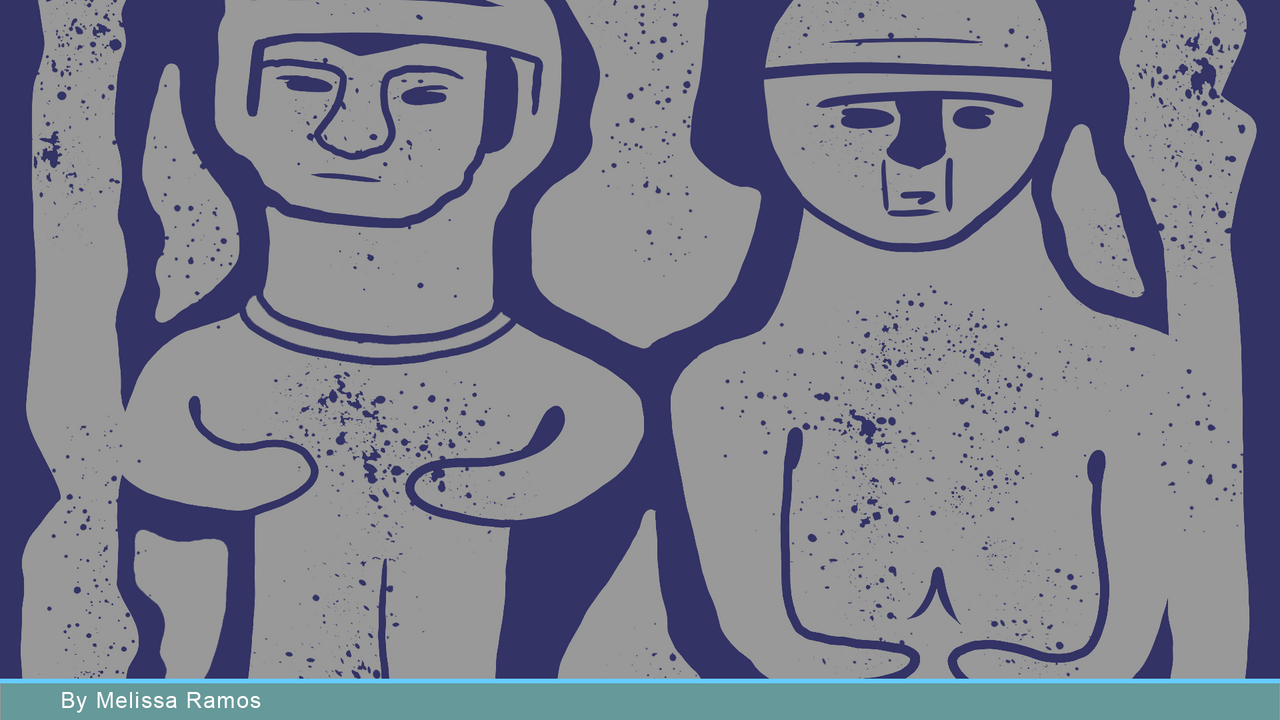God as Mother in the Bible
Mar 08, 2022
In our own minds is "she" inherently less than "he"?
In many religious traditions, language used to refer to God is exclusively male. God is a he or a him. God is a father. Yet the God of the Bible transcends gender and is also portrayed in feminine language and imagery. Prominent among feminine images and metaphors for God is mother.
Feminine Imagery for God in the Bible
Here are some examples from the prophetic book of Isaiah:
"I [God] will cry out like a woman in labor, I will gasp and pant..." (Isaiah 42:14)
"Can a woman forget her nursing child, or show no compassion for the child of her womb? Even these may forget, yet I [God] will comfort you." (Isaiah 49:15)
"As a mother comforts her child, so I [God] will comfort you." (Isaiah 66:13)
In these verses, God is depicted as a woman in the pains of labor, as a woman nursing her child, and as a woman comforting her child. The imagery for God in these verses is decidedly feminine and motherly with the use of feminine pronouns.
Human language is inherently limited in its capacity, and, thus, does not fully capture or convey the fullness of God. Human thought itself is limited in its understanding of the person of God. However, many faith traditions and congregations remain satisfied with gendered language for God that is exclusively male, despite the many passages in Scripture that image God as female (such as Genesis 1:26-27). Also, some faith traditions and leaders discourage the use of feminine imagery and feminine pronouns to refer to God, and image of God as mother.
This suggests that some, perhaps many of us, tend to picture God as male in our minds. I wonder how this affects the spiritual life and prayer practices of women especially.
Why do we reject picturing God with feminine imagery, if the Bible is clearly comfortable with such images?
Imagining God in Feminine Metaphors
Does imagining God in feminine metaphors mean a downgrade for God, a lowering of God's heavenly status?
In our own minds is "she" inherently less than "he"?
It seems likely that our own cultural traditions and understanding of men's and women's roles or statuses affect how we are able or willing to imagine or pray to God.
Author, Melissa Ramos
[Blog Image: Artwork by Autumn Uhrig. Stylized image of Judean pillar figurines from the Iron Age in ancient Israel. Copyright Religion for Her, 2022]

